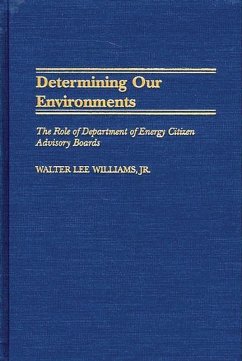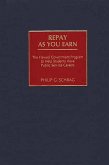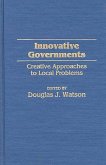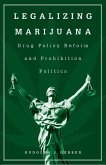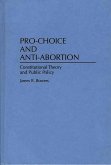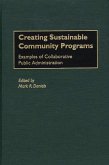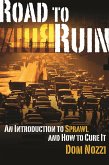Williams examines the efforts of public agencies to better incorporate citizen participation in the administrative process. He focuses on the effort of the Department of Energy to use citizen advisory boards composed of stakeholders-persons who stand to gain or lose from policy implementation-in its economic transition, waste management, and environmental restoration programs. The Department's efforts to deal with hazardous and toxic wastes stemming from uranium fuel for the U.S. nuclear weapons program are examined in detail. The case study shows that the stakeholder model was effective: the advisory board was expeditiously organized, reached consensus on critical issues, and accomplished its primary mission. The board's performance was such that the Clinton administration considered it a major example of how federal agencies could be reinvented to produce a government that works better and costs less. Of particular interest to policy makers and researchers involved with US environmental issues and public policy.

